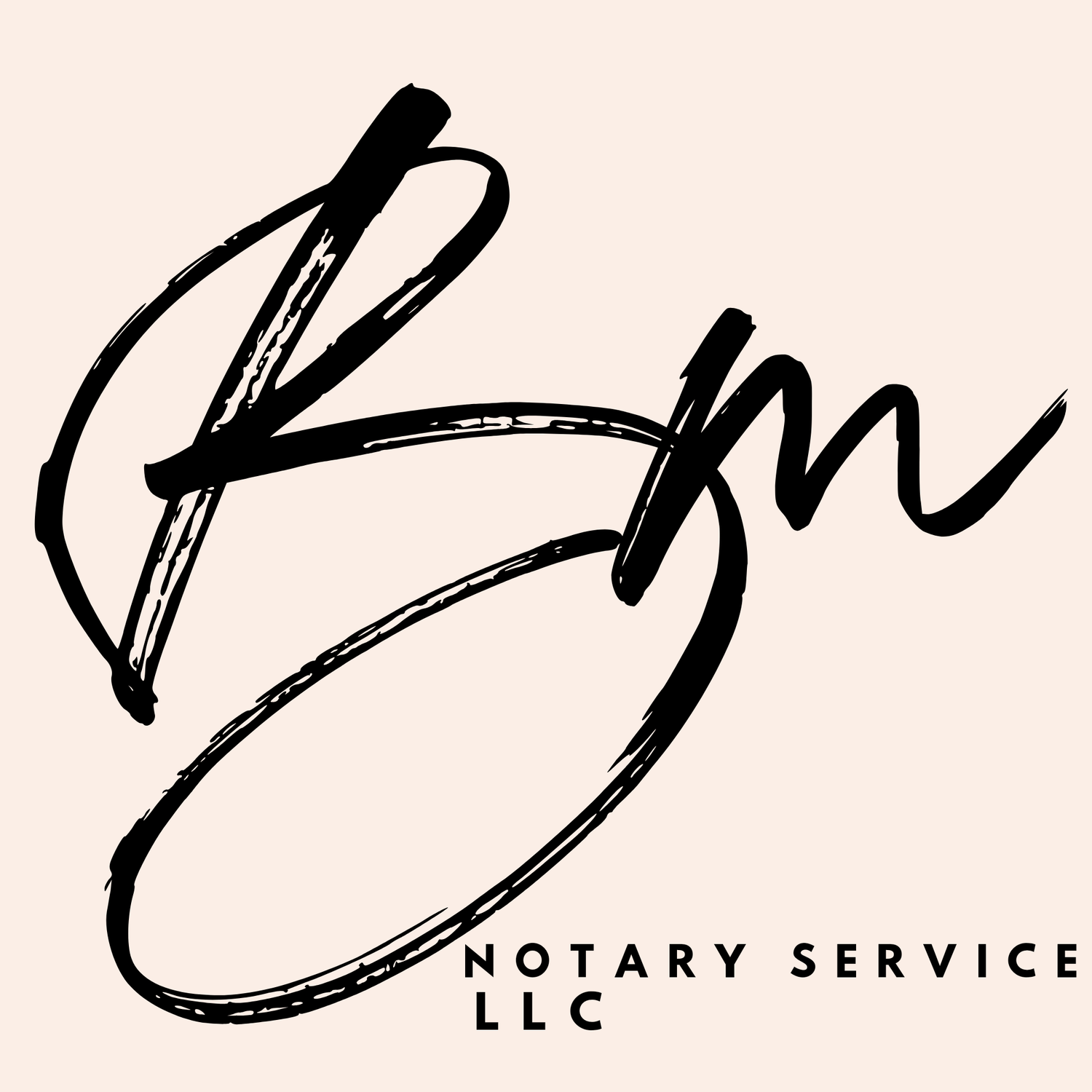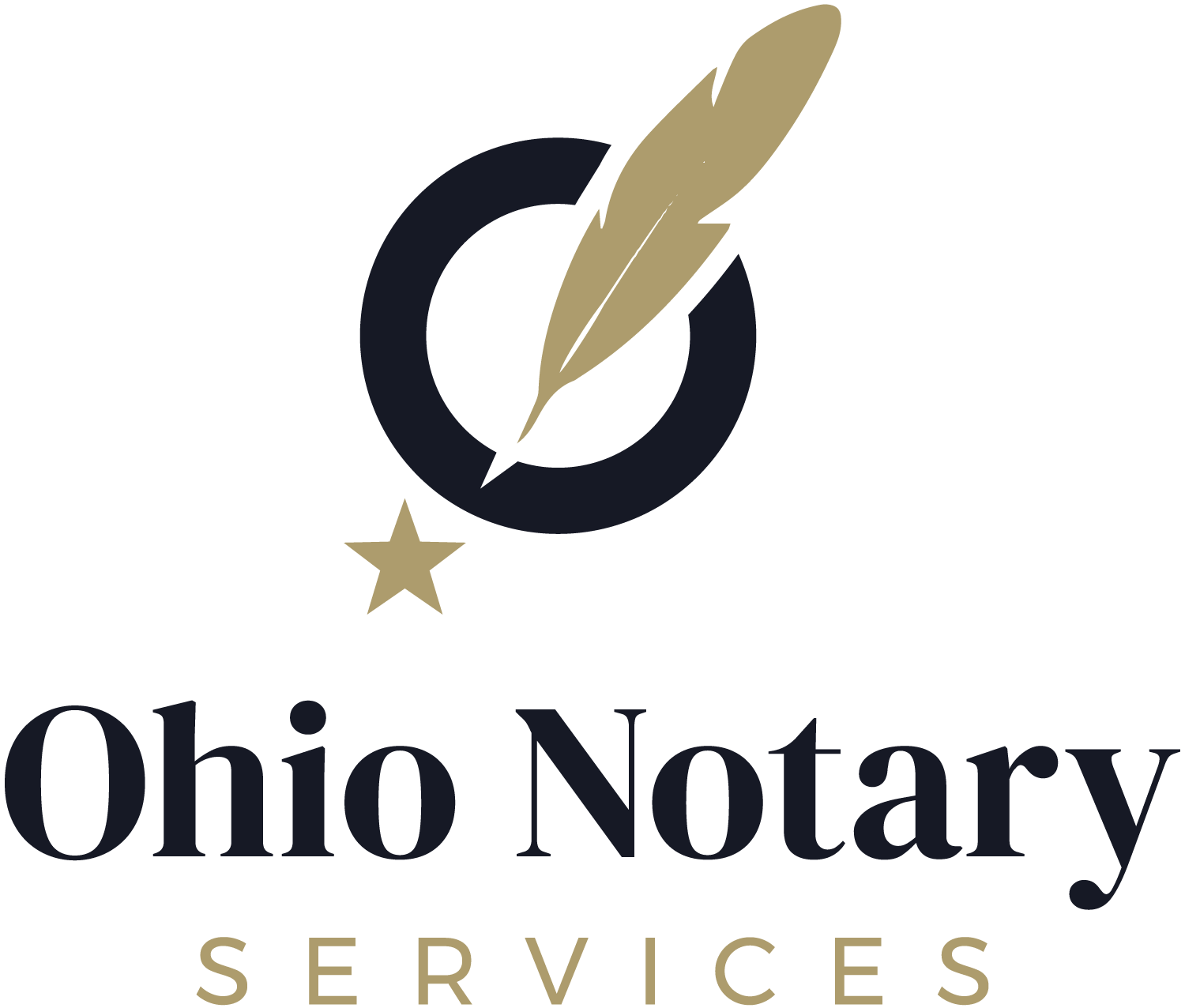Licensed Notary Services: Ensuring Lawful Authenticity and Safety And Security
Licensed Notary Services: Ensuring Lawful Authenticity and Safety And Security
Blog Article
Debunking Notarial Job: Simplifying the Function and Value of Notaries
In the intricate web of legal paperwork and verification, notaries stand as columns of guarantee and credibility. Their role, usually shrouded in mystery for several, carries considerable weight in making certain the credibility and stability of critical records. As guardians of legality and truth, notaries play a critical part in our culture, yet their work is not constantly completely comprehended. By unwinding the complexities shedding and surrounding notarial practices light on the significance of their acts, a clearer understanding arises of the vital function notaries play in maintaining the material of legal and legal contracts.
The Background of Notarial Job
The history of notarial job dates back to old human beings, where scribes played a vital duty in videotaping essential details and authenticating files. This led to the advancement of notaries, people designated by the state to act as objective witnesses in legal matters.
Throughout the Center Ages, notaries gained prominence in Europe, with their functions broadening to consist of composing lawful documents, accrediting signatures, and protecting records. The rise of global profession better emphasized the importance of notarial operate in confirming agreements and arrangements across borders.
In the modern era, notaries continue to play an essential duty in lawful and organization transactions by validating identities, confirming the credibility of files, and stopping fraudulence. Their function in accrediting the legitimacy of agreements includes a layer of protection and trust fund to the ever-evolving landscape of commerce and law.

Duties and Responsibilities of Notaries
The historical advancement of notarial job from ancient human beings to the modern period has actually formed the distinctive obligations and duties that notaries promote in legal and service deals today. Notaries play an important duty in validating the credibility of papers and the identity of notaries. One of their primary responsibilities is to witness the finalizing of important papers, such as wills, deeds, and agreements, to make certain that all celebrations are participating in agreements intentionally and voluntarily. Notaries also validate that signatures are of sound mind and not under pressure or browbeating.
They certify duplicates of initial papers, providing assurance to organizations that the copies are real replicas of the originals. On the whole, the tasks and responsibilities of notaries are vital in protecting the honesty and validity of different papers and deals - Apostille.
Notarial Certificates and Signatures
Exemplifying careful interest to information, notarial certifications and signatures work as important components in confirming the credibility of lawful papers. Notarial certificates generally contain crucial information such as the day of registration, the names of the notaries, a description of the document, and the notary's official seal. These certifications provide a clear record of the notarial act, guaranteeing that the document can be conveniently identified and mapped back to the notary that oversaw the process.
Signatures play a critical duty in notarial work, as they symbolize the arrangement and authorization of the parties entailed. Notaries very carefully witness the finalizing of records to verify the identification of the notaries and validate that they are signing of their own complimentary will. By fastening their official seal and signature to the document, notaries accredit that the needed treatments have actually been complied with and that the paper is enforceable and legitimate.
In essence, notarial certifications and DIRCO trademarks are the trademark of credibility in lawful purchases, providing assurance to all celebrations included that the records are legitimate and binding.
Relevance of Notarial Acts

Registration Refine Discussed
The notarization procedure usually begins with the individual providing the file to a notary public. When the identity is verified, the notary ensures that the private authorizing the record does so voluntarily and without any kind of browbeating.

Verdict

Notarial certifications normally include critical info such as the date of notarization, the names of the signatures, a description of the document, and the notary's official seal. These certifications offer a clear record of the notarial act, making sure that the file can be easily recognized and mapped back to the notary who managed the procedure.
By attaching their official seal and trademark to the record, notaries certify that the necessary procedures have been followed and that the document is valid and enforceable.
By verifying the identity of the signatories, verifying their desire to get in into the agreement, and licensing the date and place of the signing, notaries play an important role in maintaining the credibility of legal documents.After the file is signed, the notary will certainly attach their official seal or stamp onto the paper.
Report this page